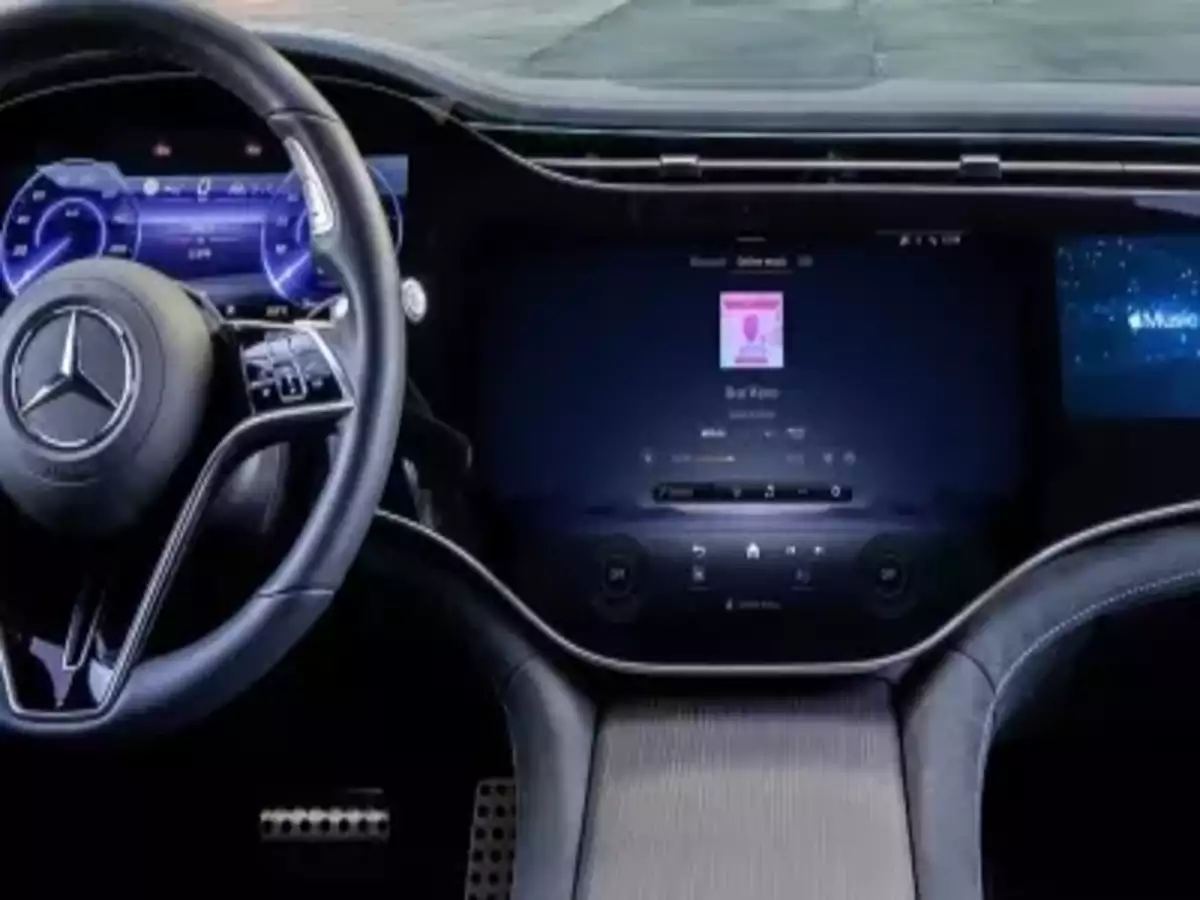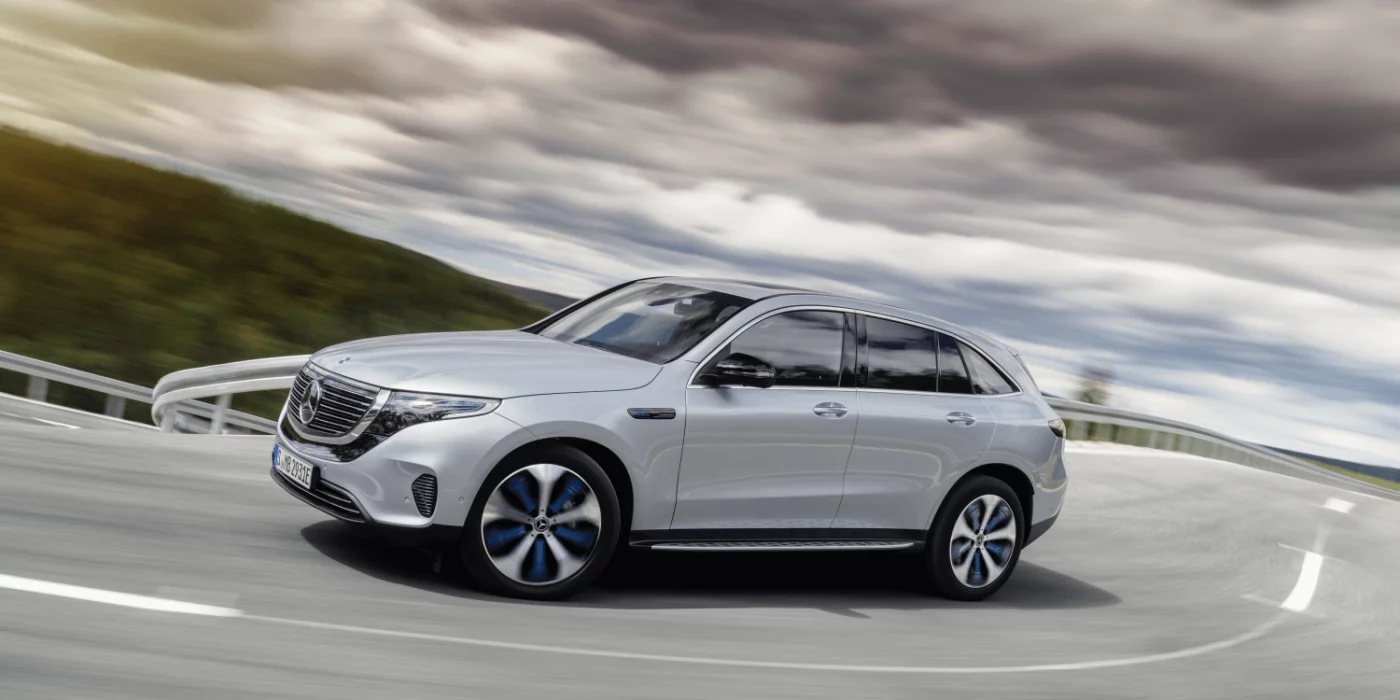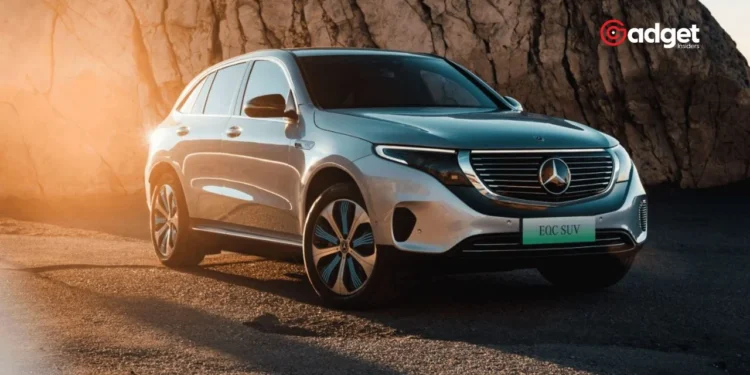In an unfolding situation that underscores the complex challenges of electric vehicle technology, Mercedes-Benz has announced a significant recall of nearly 15,000 electric vehicles in the United States. The move comes in collaboration with the National Highway Traffic Safety Administration (NHTSA) and targets a critical flaw in the battery management system software.

A Closer Look at the Technical Glitch
The core of the problem lies in the software that manages the electric vehicles’ battery systems. According to the NHTSA’s detailed recall report, the issue arises when the battery management system is overloaded with diagnostic requests from other control units.
This overload can cause the contactors of the high-voltage battery to open unexpectedly. The result? A potential loss of propulsion while driving, with no prior warning on the instrument cluster—a scenario that could markedly increase the risk of an accident.
This software glitch is particularly troubling because it can occur during normal driving conditions, leaving drivers suddenly without the ability to accelerate. Although restarting the vehicle may temporarily resolve the issue, the problem can recur unpredictably, posing a significant safety risk.
Models Affected and Mercedes-Benz’s Response
The recall encompasses a range of models, including several high-profile 2023 versions:
– Mercedes-AMG EQE and EQE SUV
– Mercedes-AMG EQS
– Mercedes-Benz EQE and EQE SUV
– Mercedes-Benz EQS and EQS SUV
– Mercedes-Maybach EQS SUV
In response to this issue, Mercedes-Benz has acted proactively by planning to send out letters to the owners of the affected vehicles. These communications will instruct them to schedule a free software update at their nearest Mercedes-Benz dealership. This update aims to rectify the software malfunction, ensuring that the high-voltage battery operates reliably.

Not Mercedes-Benz’s First Rodeo with EV Recalls
It’s important to note that this is not the first instance of software problems leading to recalls for Mercedes-Benz’s electric vehicles.
The brand has faced similar challenges before. Last year, certain models such as the EQE, EQS, and EQS SUV were recalled due to issues that could deactivate the electric drivetrain. Another separate recall addressed faults in the ESP monitoring software of other EQS EVs.
These recurring issues highlight the complexities and growing pains associated with advanced electric vehicle technology. As automakers like Mercedes-Benz navigate these challenges, the road to fully reliable EV software continues to have its bumps.

What This Means for Electric Vehicle Owners
For owners of the affected Mercedes-Benz EVs, the recall is a precautionary measure to prevent potential accidents and ensure the reliability of their vehicles. It also serves as a reminder of the importance of regular vehicle updates and checks, particularly in the rapidly evolving sector of electric vehicles.
As the automotive industry continues to advance towards more sustainable solutions, software integrity plays a critical role in ensuring both the performance and safety of electric vehicles. For consumers, staying informed and responsive to recall notices is crucial in maintaining the safety and functionality of their investments.










